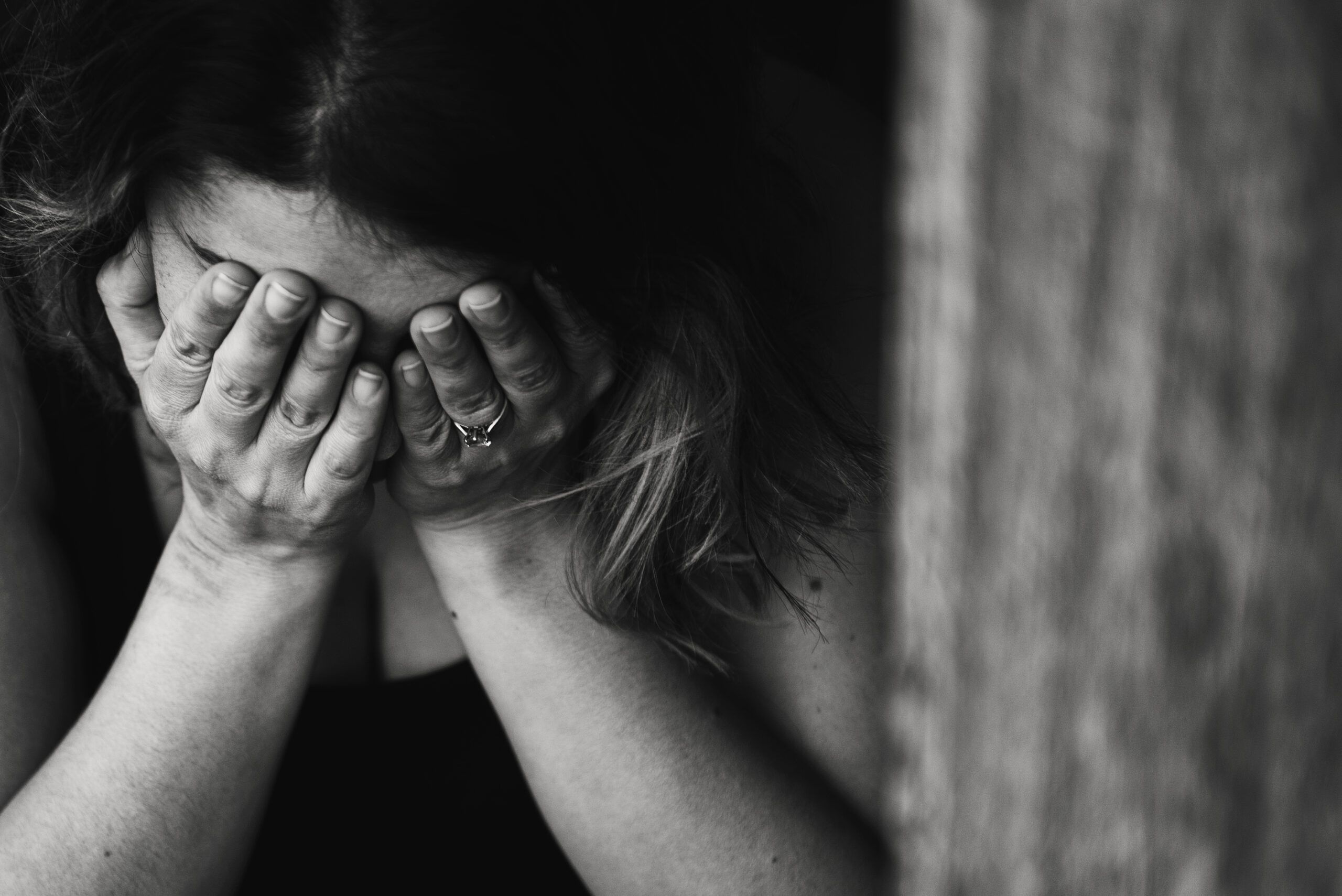By Chuck LeBlanc
 After reflecting on her mother’s passing, Simone De Beauvoir one of the most influential and important existential philosophers of all time wrote,
After reflecting on her mother’s passing, Simone De Beauvoir one of the most influential and important existential philosophers of all time wrote,
“there is no such thing as a natural death: nothing that happens to a man is ever natural, since his presence calls the world into question. All men must die: but for every man his death is an accident and, even if he knows it and consents to it, an unjustifiable violation” (De Beauvoir,1 pp 105–6).
This passage speaks to not only the difficulty when faced with the death of a loved one but also the shock when a death occurs. We can plan for it, anticipate it, and know that it is just around the corner, but can never really be ready to face the death of a loved one. Grief is shocking, painful, and difficult. It is the most intense, powerful, and overwhelming emotion in our human repertoire. At least I know it is for me.
I have always had a difficult time grieving. I choose instead to hide or swallow the pain instead of trying to process it or come together with friends and family so we can grieve in community. This is profoundly lonely and can sometimes lead to a deep-rooted anger that feels almost deafening. Or it can lead to a kind of numbing that shuts the world out around you.
“The word grief comes from the Latin word gravare, which means to make heavy. Gravare itself comes from the Latin word gravis, which means weighty. So think of grief as a heavy, oppressive sadness.” https://www.vocabulary.com/dictionary/grief

The truth about grief is that it is the most intense human emotion. So intense that it brings everyone else to the party: anger, sadness, lethargy, confusion, anxiety. You name it and grief has it. You might be asking yourself: why? Why is this so overwhelming? How is it possible that when I grieve, I feel every emotion imaginable, or I feel like I want to run and hide and avoid dealing with this pain as if my life depends on it?
How is it possible that when I grieve, I feel every emotion imaginable
I like to think about grief like an oncoming storm. It’s not something that can be fixed or avoided, but rather, something that has to be weathered (or, gone through). Internally when we grieve our whole selves, body and mind, are attempting to come to terms with an extreme change in our world. This person that was a deep part of our lives, someone we shared many memories and moments with, is gone. Meaning that when we wake up the next morning they will no longer be in our world and sharing in our lives. Not only is this heartbreaking, but it’s also very confusing. This is why grief is so disorienting. It’s hard to find our footing when something so important is missing from our lives.
The purpose of the feelings that are trying to show up as we weather the storm of grief is to help us to find our footing and work through the pain that this loss has caused. The purpose behind grieving together is to help create a space to work through this pain so we know that we are not alone. But sometimes it’s hard to weather this storm and even harder to want to grieve with other people. This is the point of therapy; to give you a space to make sense of your loss, work through your feelings, and know that you are not alone
You are not alone.
Warmly,
Chuck

If you are any one you know is navigating grief, feel free to connect with Chuck to see how he can help.
Call 613-701-7574 or email us at info@ksrc.ca
